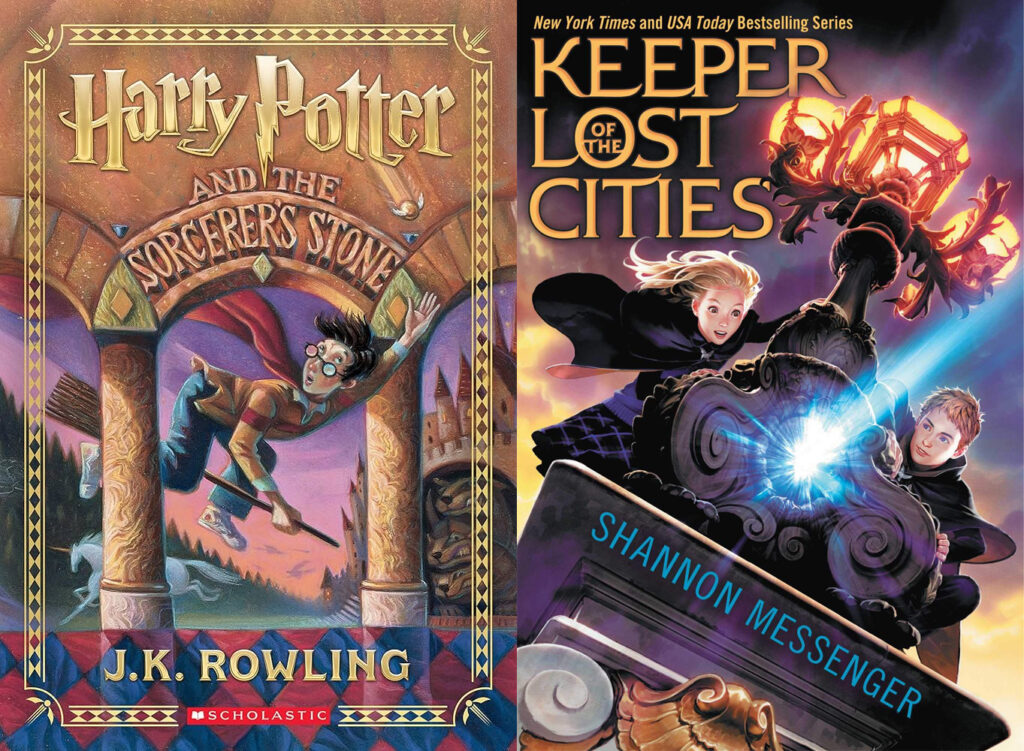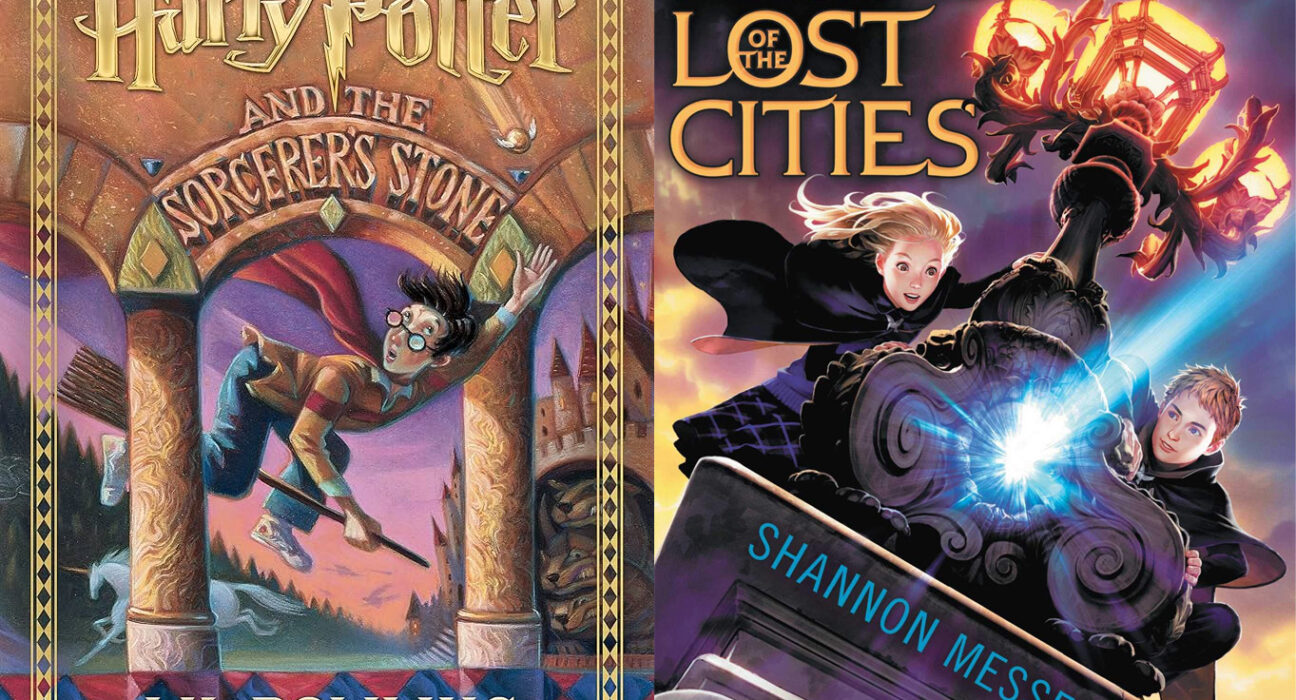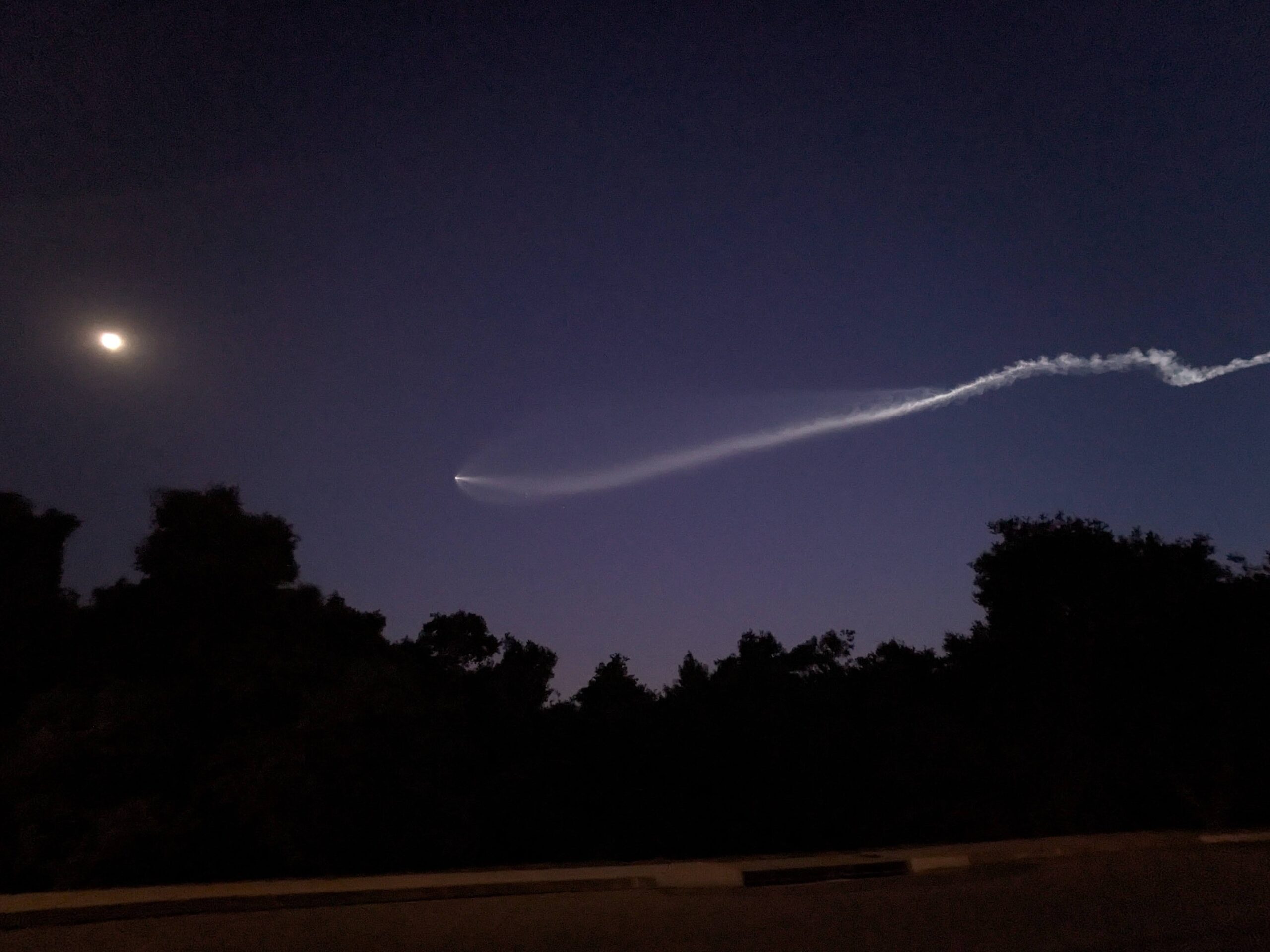By Katelyn Poovakan
This article may contain minor spoilers for the two book series listed.
The world of the Harry Potter book series, by J.K. Rowling, is very well known. You could also say the same about Keepers of the Lost Cities, by Shannon Messenger, a book series quite popular among many avid book readers.

These two book series are both favorites of many readers. However, there are also people who dislike Keepers of the Lost Cities, Harry Potter, or even both, and various readers simply favor one book series more than the other.
Some will criticize Harry Potter because this book series builds upon the concept of witchcraft, wizardry, and the idea of “magic.” In contrast, Keepers of the Lost Cities does not contain any “magic.” In the first book of the Keepers series, Sophie (the main character) says to Fitz (another character), “This is… magic?” Fitz answers, “No. Magic is [simply an] idea humans came up with to try to explain things they couldn’t understand.”
Others dislike Keepers of the Lost Cities because of its lack of diversity, or the opinion that each new Keepers of the Lost Cities book does not have a plot that builds upon the plot of any of the previous books.
The two book series also have many similarities. The first book of both series is about how the main character seems “normal”, but then finds out that he (or she) is actually part of a “better”, more “special” world. This world is filled with their own “kind” that’s separate from humans or Muggles, such as Elves from Keepers of the Lost Cities or Witches/Wizards/Squibs from Harry Potter. The world of their kind is supposed to be “perfect”, despite prejudices against Muggle-borns or those marked as Talentless. Both book series have an evil antagonist group, whether it’s Voldemort and his Death Eaters from Harry Potter, or the Neverseen from Keepers of the Lost Cities. Both series also have a unique academy; for the Elves, Foxfire, and for the Witches and Wizards, Hogwarts. Students are admitted into both Foxfire and Hogwarts at the age of eleven. However, Foxfire is organized by levels and ends at Level Eight, while Hogwarts uses years and ends at Year Seven.
In Harry Potter and the Sorcerer’s Stone, Harry Potter spends about ten years living with the Dursleys: Aunt Petunia, Uncle Vernon, and his cousin, Dudley. Then, one summer day, Harry and the Dursleys are on a boat trip when someone, who goes by the name Hagrid, arrives. Hagrid explains to Harry the existence of witches and wizards. He also talks about how Harry was to attend Hogwarts as a First Year at the age of eleven. Harry Potter soon learns of Voldemort, the antagonist of the book series, who killed Harry’s parents but failed to kill Harry himself. By the end of the first book, Harry meets Voldemort, who returns to his complete, physical form in Book 4. Finally, after many encounters, battles, and help from others, Harry defeats Voldemort completely at the end of Book 7.
In the first book of Keepers of the Lost Cities, which is simply called Keepers of the Lost Cities, Sophie Foster has secret telepathic abilities. She has been able to read the thoughts of others since the age of five. One day, she is with her class on a museum field trip and meets a boy named Fitz- who also has telepathic abilities. Fitz explains to Sophie about the existence of the Elvin world, and by Chapter 17, Sophie is attending her first day of Foxfire. She meets the antagonists at the end of the first book, but Sophie does not learn of their name, Neverseen, until Book 3. As of the most recent book, Unraveled, the Neverseen is still in existence and remains undefeated, as the author is still writing books for this series.
In conclusion, Keepers of the Lost Cities and Harry Potter have similarities and differences. They are two excellent book series and are a recommendation to readers. The worlds of both books are imaginative, captivating, and adventurous as the authors compose an epic, thrilling tale as each story comes to an end. I recommend both series to readers who love the fantasy genre and are willing to spend a sizable amount of time each day engrossed with a book.







